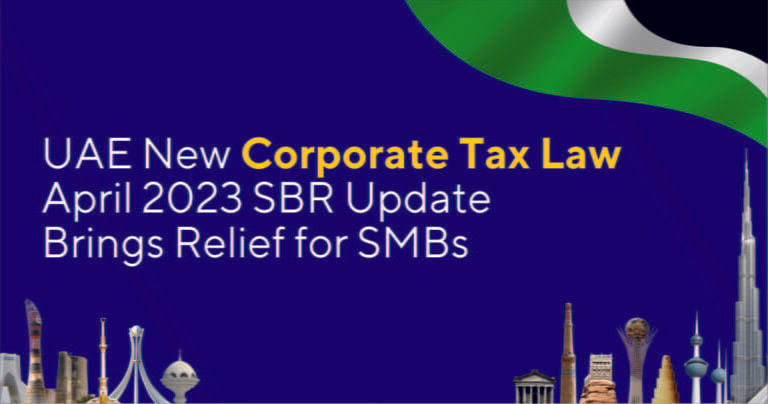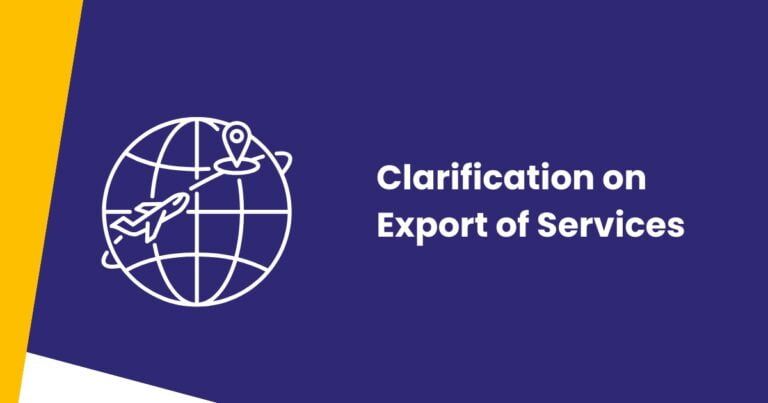The UAE government introduced an important change by imposing a 9% corporate tax rate effective June 2023. However, they provided relief for small businesses through Small Business Relief (SBR) rules. Let’s examine how the recent updates benefit small enterprises.
What is the corporate tax rate?
The corporate tax rate set by the UAE authorities is 9% of a company’s taxable profits each financial year. This rate applies uniformly to all businesses regardless of their size or industry. The goal was to generate additional non-oil revenues for the country.
What is Small Business Relief (SBR)?
SBR is a tax exemption or reduction offered by many countries to support small companies. It aims to reduce their tax burden. The UAE provides partial or full SBR based on a business’ annual revenue.
Key changes in 2025 update
In 2025, the UAE updated the SBR rules to help more small companies. Now, businesses earning less than AED 375,000 pay no tax. Earnings between AED 375,000 to AED 975,000 are taxed at half the rate or 4.5%.
How does this benefit SMEs?
Let’s look at another example to better illustrate the tax savings:
Suppose a small retailer earns AED 450,000 in a year. Under the old rules, the first AED 250,000 would be tax free, and the remaining AED 200,000 taxed at 9%, amounting to AED 18,000 in taxes.
Many SMEs structure their operations around these kinds of turnover figures. The revised SBR thresholds offer significant compliance relief to a major segment.
Definition of an SME
In addition to the revenue criteria, the UAE also considers other factors like employee headcount and assets value to define an SME. Typically, businesses with fewer than 250 staff and assets under AED 3 million (apart from land and buildings) are classified as small or medium.
This broad definition encompasses local micro-enterprises, start-ups, family-run shops as well as growing corporates. SMEs form the backbone of the non-oil private sector in the country.
Registration requirements
While optional for SBR-exempt companies, registering provides advantages like access to tax rulings and incentives. Registration is done through the Federal Tax Authority portal with basic company information.
No complex setup or frequent compliance is mandated. This keeps the process smooth for micro and early-stage businesses.
Revenue checks
It’s advisable for SMEs to monitor quarterly gross income to avoid penalties in case annual turnover surpasses limits later. Accounting software can assist tracking sales trends versus the thresholds.
Consulting a tax expert is also recommended if a major business event like asset sale could impact tax obligations significantly.
Conclusion
In summary, the higher SBR ceilings greatly help SMEs comply with the new tax system at low or no extra cost. More start-ups can now focus on growing their operations instead of dealing with tax paperwork. The government’s support encourages small businesses to contribute more to the economy.
FAQs
The corporate tax came into effect from June 1, 2023 in the UAE.
It is recommended to maintain books, bills, bank statements for 3-5 years for tax assessment if needed.
The 9% rate may cause slight price hikes. But it aims not to overly burden companies or consumers.





